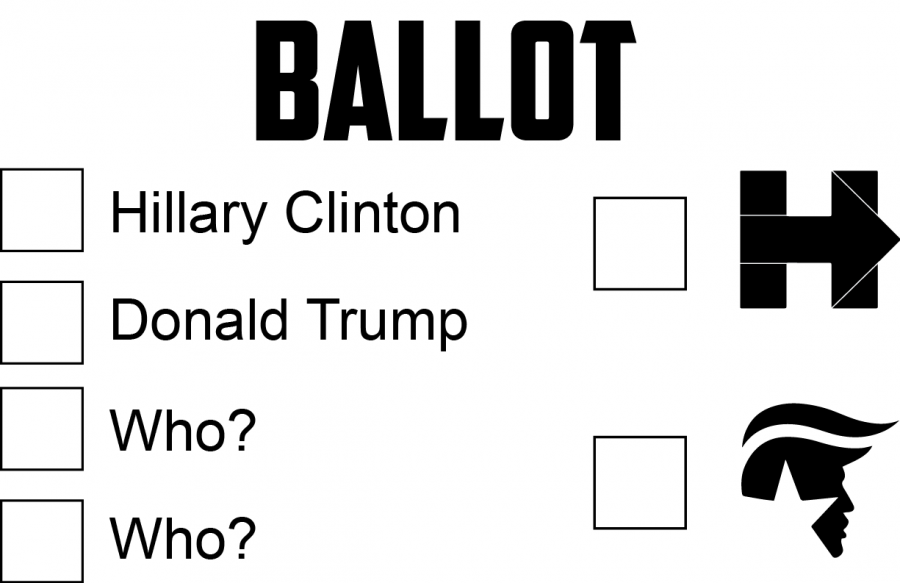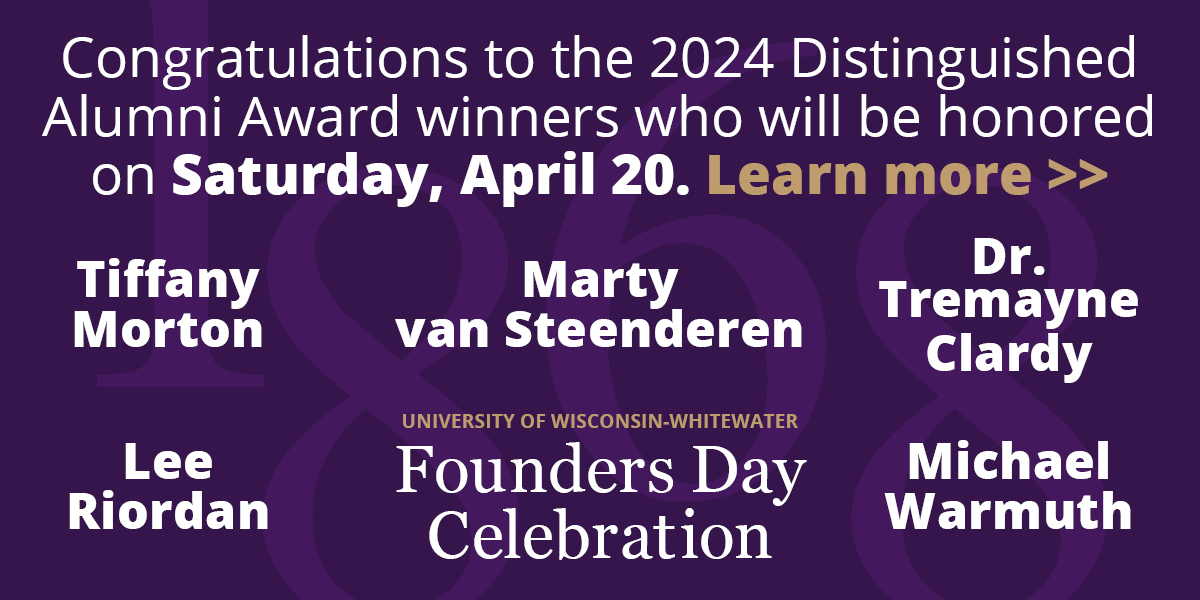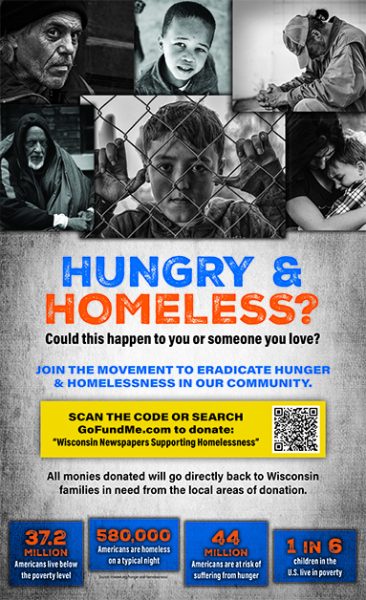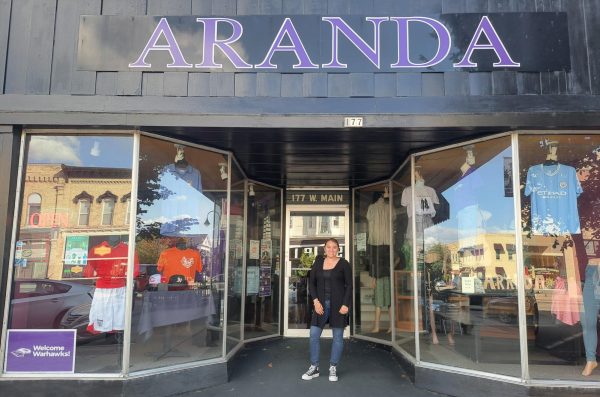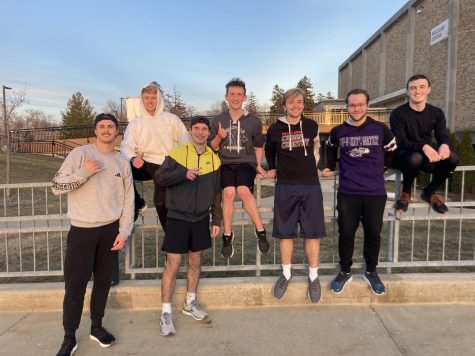Candidates deserve equal opportunity
September 28, 2016
This year, three presidential candidates will be on the ballot in all 50 states, but only two were in the nationally televised debates. Those two are Democratic nominee Hillary Clinton and Republican nominee Donald Trump, who’s the third?
The third candidate is Libertarian Gary Johnson. Although he is on the ballot in all 50 states, he has not reached the required 15 percent of national support, in other words, a “pathway to success.”
CNN reports “The Commission [on Presidential Debates] determined that the polling averages for the candidates had Clinton at 43%, Trump at 40.4%, Johnson at 8.4% and Stein at 3.2%”
Johnson replied stating that this decision will “doom my campaign.” Though, he is not giving up yet.
“There are more polls and more debates, and we plan to be on the debate stage in October,”
Johnson said.
The New York Times said, on Sept. 16, “The commission will run the numbers on its polls two more times and could potentially invite them to the second or third debates if their support swells.”
The question to be asked is, should Johnson be allowed in the debates if he is on the ballot in all 50 states?
Yes, he should be. The purpose of national debates is not to allow the candidates to mock each other, but to offer a platform to educate the public on the policies of each candidate on their ballot. If Johnson, and even Jill Stein of the Green Party, is not allowed to debate, the commission is not allowing the public to become educated on all the candidates and platforms.
In a statement by Johnson, he said, “I would say I am surprised that the C.P.D. (Commission on Presidential Debates) has chosen to exclude me from the first debate, but I’m not. After all, the commission is a private organization created 30 years ago by the Republican and Democratic parties for the clear purpose of taking control of the only nationally televised presidential debates voters will see.”
With Clinton’s favorability at, roughly 41 percent and Trump’s favorability at roughly 35 percent, it is easy to see that the American public would prefer a third, or even
fourth, option.
If we are going to allow the American public to enter a voting booth on Nov. 8 and they have the choice between three, or four candidates, shouldn’t they know about each of them and what they stand for? The only way that could happen is to include all national candidates, who are polling around 5 percent, to be included in the debates.
Here in Wisconsin we will have Trump, Clinton, Johnson and Stein on our ballots. Many, most likely, do not know about two of the four, and yet would prefer not to vote for the ones they do know.
This election has had its ups and, more common, downs. However, another two options have arisen from the ashes of the two, according to national polls, unfavorable
candidates.
Shouldn’t they be allowed to spread their beliefs and gather support just like the major two candidates? Shouldn’t the American public be allowed to understand and know about them?
The only way to allow the public to become educated on all the options is to allow the third party candidates, who are on the ballots in all 50 states, be on the debate stage. The 15 percent national support is not not feasible because of the lack of attention that third parties get.
Even if you do not support Johnson, or Stein, it is important that you support allowing them to debate against Trump and Clinton. In the United States of America, all views and ideas are, and should be, accepted and understood.

